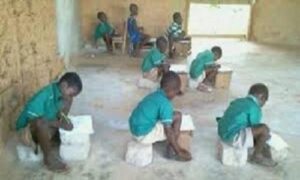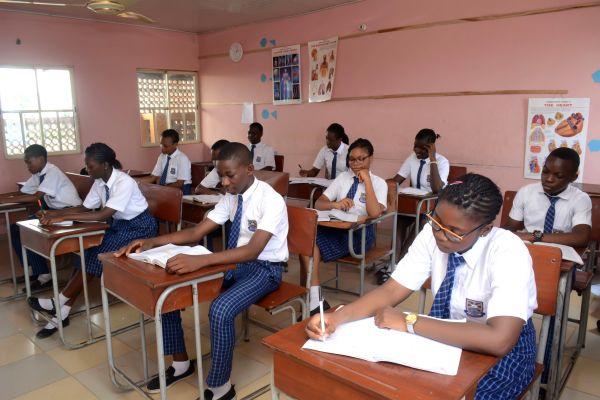Education in Nigeria faces significant challenges, prompting many families to turn to private schools as an alternative to public education.
Private schools in Nigeria are often perceived as offering superior education compared to their public counterparts. This perception is largely based on several factors:
1. Private schools usually have superior infrastructure and resources, while public schools often face funding shortages and lack essential materials.
2. Private schools often employ more qualified and motivated teachers due to better pay and conditions and maintain lower student-teacher ratios for more personalized and effective teaching.
3.Private schools often provide a diverse curriculum and numerous extracurricular activities, encouraging overall skill development beyond academics.

These advantages contribute to higher academic performance and better overall development of students in private schools. Public schools, on the other hand, are often plagued by inconsistent teaching quality, large class sizes, and a lack of innovation in curriculum delivery.
The decision to enroll children in private schools comes with significant financial implications for Nigerian families. Private school fees vary widely but are generally high, making them accessible primarily to upper-class families.
These expenses include tuition, uniforms, books, and other levies, which can be a substantial financial burden.
The proliferation of private schools has broader economic implications. On one hand, the growth of private schools has created jobs for teachers, administrative staff, and support services, contributing to economic activity and employment.

Private schools also stimulate the economy through construction and maintenance of school facilities, purchase of educational materials, and various services.
The heavy reliance on private education highlights issues in public education, fostering inequality as only wealthier families can afford quality schooling, worsening social disparities.
Private schools play a crucial role in Nigeria’s education sector by providing an alternative to the often under-resourced public schools. While they contribute positively to employment and economic activities, they also highlight and potentially widen socio-economic disparities.
For Nigeria to achieve equitable and high-quality education for all its children, significant reforms and investments in the public education system are essential.
Addressing these challenges holistically can ensure a balanced approach where both private and public schools effectively contribute to the nation’s educational and economic development.




